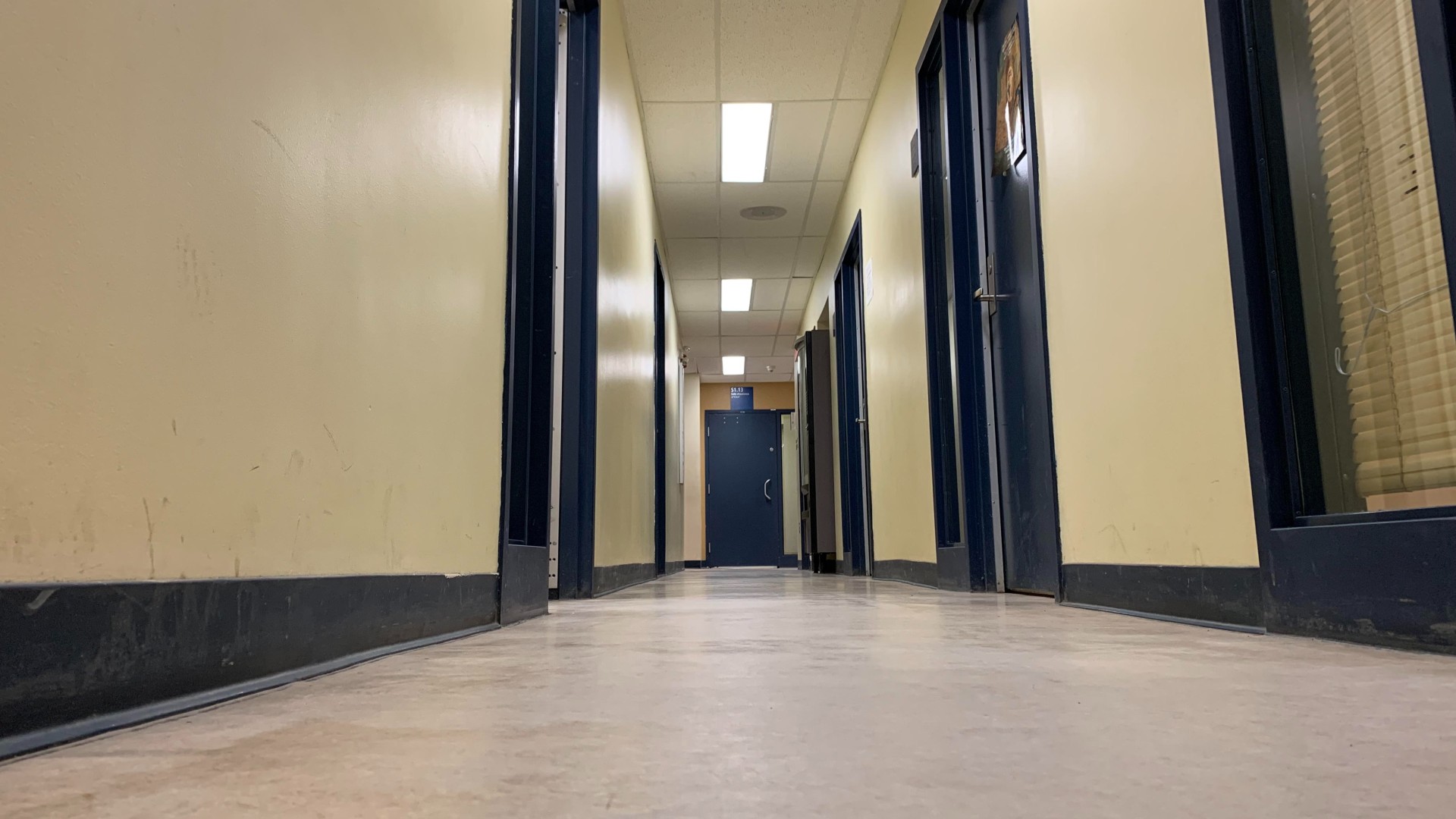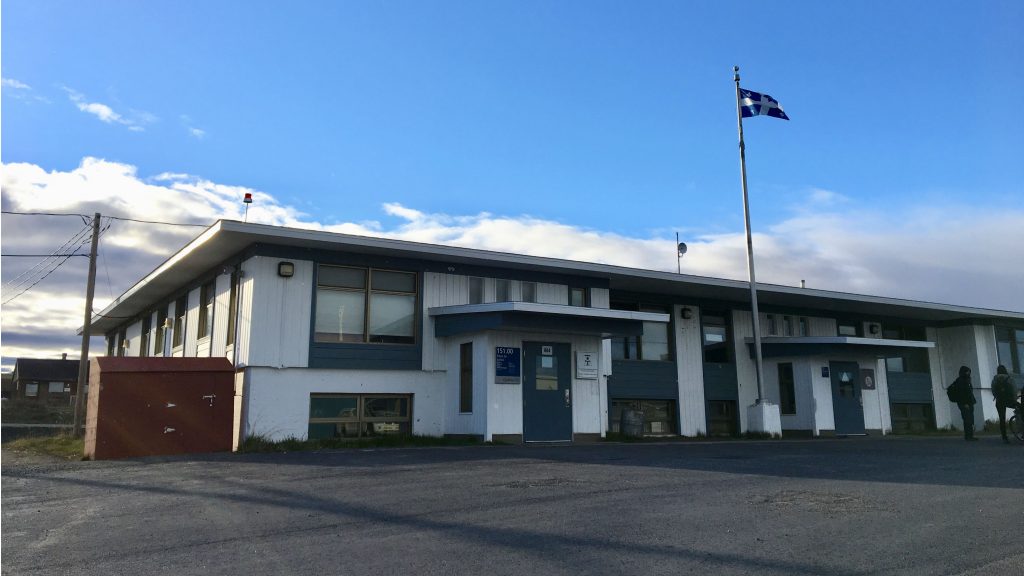Announced $2.22 million will bolster culturally relevant justice services: Makivik

The Canadian government announced it’s providing $2.22 million to Makivik Corporation so the land claims organization can bolster its justice services to people in Nunavik, the Inuit region of northern Quebec.
“The delivery of justice services in Nunavik has been a struggle for all governments for the longest time as the system that is imposed on the Inuit is foreign to us and not culturally adapted,” Pita Aatami, the president of Makivik, said in a statement on June 22.
“With this funding from Canada, Makivik will exercise a more efficient role in the justice field. The Nunavik Inuit are committed to achieve self-determination and justice is an area in which Makivik’s involvement can make a huge impact for our communities’ well-being.”
Numerous reports have been issued over the last 20 years outlining the inadequacy of the justice system in serving the Inuit population in Quebec, including 1993’s Aqqusiurniq Sivunitsasiaguniqsamut Inuit Justice Task Force final report, to the 2014 Parnasimautik Consultation Report prepared by Quebec’s major Inuit organizations, to a 2015 report from the Quebec Bar Association that laid out in detail the ways the justice system was failing the people of Nunavik, to the 2016 Special Report by the Quebec Ombudsman that examined inadequate detention conditions, administration of justice and crime prevention in Nunavik.

Makivik runs a program that seeks to address some of these issues by running justice committees in communities that can help guide people moving through the system and offer them support. Part of the program includes providing culturally relevant programs outlined in Gladue recommendations for a given offender. (Canada’s Gladue principle requires courts to consider alternatives to incarceration for Indigenous offenders, considering their backgrounds and how experiences like residential schools, or colonial practices in Canada.)
$400,000 towards Indigenous Justice Strategy
The money announced this month will help bolster these services and includes $75,000 over 3 years for Gladue services, $1.5 million over 5 years towards the community-based justice program and $400,000 over 3 years to support engagement efforts as an Indigenous Justice Strategy is developed that seeks to address the overrepresentation of Indigenous people in the justice system.
Makivik’s next steps on the strategy are speaking to people both in and out of the Nunavik justice system and urban areas of Quebec with Inuit populations.
“Indigenous people are alarmingly overrepresented in Canada’s criminal justice system,” David Lametti, Canada’s justice minister said.
“By providing support for Indigenous justice services, such as Gladue Aftercare, and support for Indigenous-led engagement on the development of an Indigenous Justice Strategy, we are helping bring systemic change to address this unacceptable reality. These investments will support our efforts to address systemic discrimination against Indigenous peoples, and improve access to justice and fairness in our criminal justice system.”
Write to Eilís Quinn at eilis.quinn(at)cbc.ca
Related stories from around the North:
Canada: Justice system in northern Quebec straining at the seams and devastating victims, say Crown prosecutors, Eye on the Arctic
Finland: Police response times up to an hour slower in Arctic Finland, Yle News
United States: Violence Against Women bill would expand power of up to 30 Alaska tribal courts, Alaska Public Media



